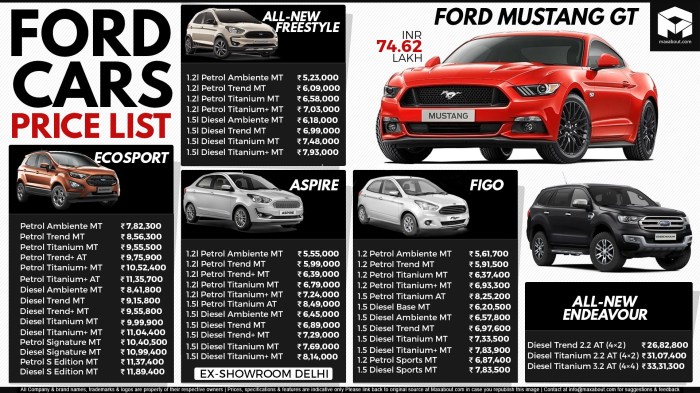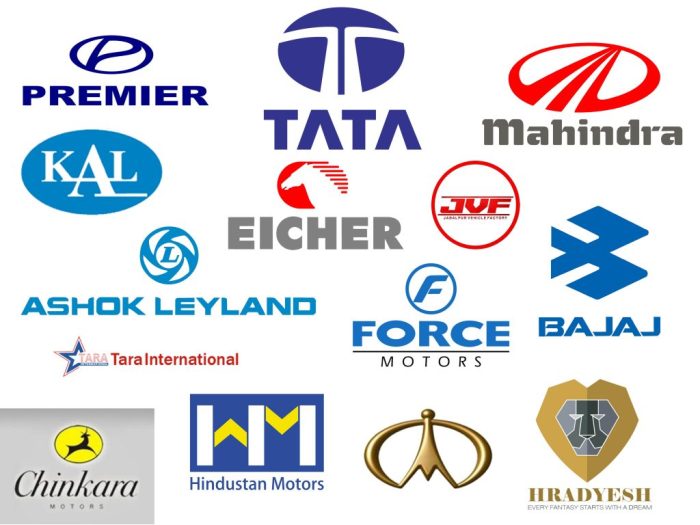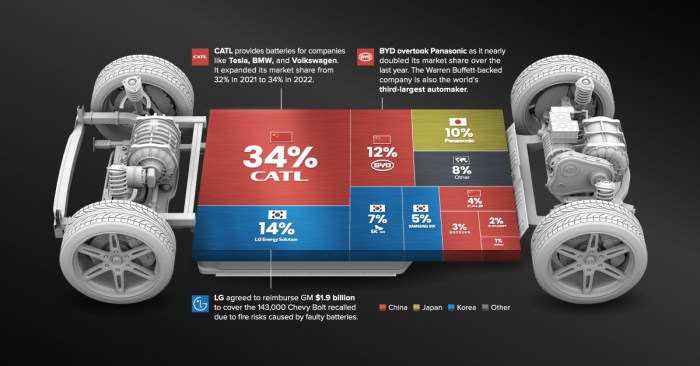All Brand New Car Prices in India
New Car Prices in India: A Comprehensive Overview: All Brand New Car Price In India

Source: maxabout.us
All brand new car price in india – The Indian automotive market offers a diverse range of vehicles, catering to various budgets and preferences. Understanding the pricing landscape is crucial for prospective buyers. This article provides a detailed analysis of new car prices in India, considering various factors influencing costs and providing illustrative examples.
Price Ranges of New Cars in India
New car prices in India vary significantly depending on the segment, features, and brand. The following table provides a general overview of price ranges:
| Segment | Price Range (Low) (INR) | Price Range (High) (INR) | Average Price (INR) |
|---|---|---|---|
| Hatchback | 400,000 | 1,500,000 | 900,000 |
| Sedan | 700,000 | 3,000,000 | 1,700,000 |
| SUV | 800,000 | 5,000,000+ | 2,500,000 |
| Luxury | 4,000,000 | 10,000,000+ | 7,000,000 |
Price variations within each segment are influenced by factors such as engine type (petrol, diesel, hybrid, electric), features (safety features, infotainment systems), brand reputation, and fuel efficiency. For example, a basic hatchback might cost around ₹400,000, while a feature-rich variant could reach ₹1,500,000. Similarly, entry-level sedans start at around ₹700,000, while luxury sedans can exceed ₹3,000,000.
Examples of cars within these ranges include Maruti Suzuki Alto (hatchback, lower range), Hyundai Creta (SUV, mid-range), and Toyota Camry (sedan, higher range).
Factors Affecting New Car Prices in India

Source: logohistory.net
Several factors contribute to the price of new cars in India. These include government regulations, manufacturing costs, currency fluctuations, and import duties.
Government regulations, such as taxes (GST) and import duties, significantly impact the final price. Manufacturing costs, encompassing raw materials, labor, and production processes, also play a crucial role. Fluctuations in currency exchange rates affect the cost of imported components and vehicles. Domestically manufactured cars generally have lower prices compared to imported cars due to reduced import duties and transportation costs.
Global economic conditions also influence the overall price, affecting the availability and cost of raw materials.
Popular Car Brands and Their Pricing Strategies
Major car brands in India employ diverse pricing strategies to target different market segments.
- Maruti Suzuki: Focuses on affordability and value for money, offering a wide range of budget-friendly options.
- Hyundai: Offers a balance of features, style, and price, targeting a broad customer base.
- Tata Motors: Offers a mix of affordable and premium vehicles, focusing on innovation and safety features.
- Mahindra: Specializes in SUVs and utility vehicles, with pricing reflecting the robust build and off-road capabilities.
| Brand | Average Price Point (INR) | Target Market | Marketing Strategies |
|---|---|---|---|
| Maruti Suzuki | 700,000 | Budget-conscious buyers | Value-for-money, wide dealer network |
| Hyundai | 1,200,000 | Mid-range buyers | Stylish design, feature-rich models |
| Tata Motors | 900,000 | Value-conscious and safety-focused buyers | Safety features, innovative technology |
| Mahindra | 1,500,000 | SUV and utility vehicle buyers | Robustness, off-road capabilities |
Pricing strategies vary within each brand, with entry-level models generally priced lower than premium variants. For example, Maruti Suzuki offers entry-level hatchbacks at significantly lower prices than their premium models.
Impact of Features and Technology on Price, All brand new car price in india
Advanced features and technologies significantly impact car prices. Safety features like airbags, ABS, and electronic stability control command a premium. Infotainment systems with advanced connectivity and driver-assistance technologies further increase the cost. Electric and hybrid vehicles generally have higher prices compared to petrol and diesel counterparts due to the advanced battery technology and electric motors.
Determining the price of all brand new cars in India can be a complex task, varying greatly depending on the manufacturer, model, and specifications. For a quick overview of some popular choices, you might find a helpful starting point by checking out this list of 7 new car price points. Ultimately, understanding the complete spectrum of all brand new car prices in India requires more extensive research across various dealerships and online resources.
| Feature | Price Impact | Example Feature | Example Car Model |
|---|---|---|---|
| Safety Features | High | Multiple Airbags, ESP | Tata Nexon |
| Infotainment System | Medium | Large Touchscreen, Navigation | Hyundai Venue |
| Engine Type | Medium to High | Electric Motor | Tata Nexon EV |
| Driver-Assistance Technology | High | Adaptive Cruise Control | MG Hector |
Dealer Pricing and Additional Costs

Source: visualcapitalist.com
Prices can vary across different dealerships. Additional costs beyond the base car price include road tax, insurance, registration fees, and other dealer-specific charges. These additional costs typically range from 10% to 20% of the base car price.
- Road Tax: Varies by state, typically 10-15% of the vehicle price.
- Insurance: Around 1-2% of the vehicle price.
- Registration Fees: A fixed amount set by the state RTO.
- Dealer Charges: Vary based on dealership policies.
Illustrative Examples of New Car Prices
The following are examples of car models across various segments, illustrating price variations based on features and variants. Note that prices are approximate and can vary based on location and time.
- Maruti Suzuki Swift: Base model price around ₹600,000. Higher variants with additional features like sunroof and advanced infotainment can reach ₹900,000. A compact hatchback with a sporty design, it targets young professionals and urban dwellers. The engine is typically a petrol engine, with options for a diesel engine in some variants.
- Hyundai Creta: Base model price around ₹1,000,000. Top-end variants with advanced safety features, sunroof, and premium interiors can exceed ₹1,800,000. A popular compact SUV, it features a stylish design, spacious interior, and a range of engine options (petrol, diesel). It targets families and individuals looking for a versatile vehicle.
- Tata Nexon EV: Base model price around ₹1,400,000. Higher variants with extended range and additional features can reach ₹1,700,000. An electric SUV, it emphasizes safety and technology, targeting environmentally conscious buyers. The vehicle is characterized by its electric motor and a focus on sustainable mobility.
Essential Questionnaire
What is the cheapest new car available in India?
The price of the cheapest new car in India varies depending on the model and specifications but generally falls within a very low price range. It’s best to check current dealer listings for the most up-to-date information.
How much does car insurance typically cost in India?
Car insurance costs in India vary based on factors like the car’s value, the driver’s profile, and the chosen coverage level. Expect a range of costs, typically expressed as a percentage of the car’s value.
Are there any government subsidies available for buying new cars in India?
Government subsidies for new cars in India can exist, particularly for electric or hybrid vehicles. These incentives are subject to change and should be verified through official government channels and dealerships.
What are the typical waiting periods for new cars in India?
Waiting periods for new cars in India vary greatly depending on the model’s popularity and current production capacity. Some models may be available immediately, while others could have significant delays.




















